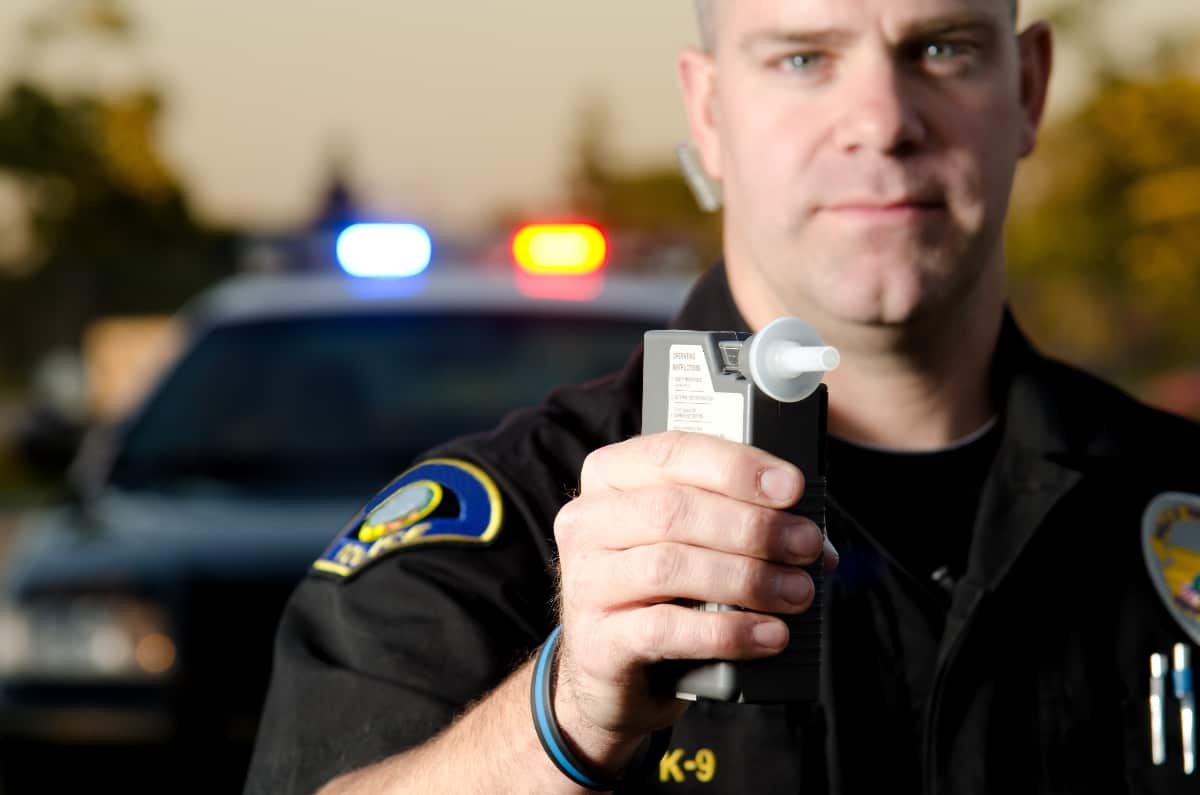National Impaired Driving Prevention Week
March 19 to 25, 2023 marks National Impaired Driving Prevention Week, when police, government and community organizations work to raise awareness about the risks and consequences of impaired driving.
“I wish we didn’t have to continue to warn the public about the dangers of impaired driving. We know it’s dangerous. We know its tragic consequences are 100% preventable,” says Supt. Grant St. Germaine, the officer in charge of Saskatchewan RCMP Traffic Services. “But we continue to find impaired drivers on Saskatchewan’s roads.”
In January and February 2023, Saskatchewan RCMP and Combined Traffic Services Saskatchewan (CTSS) officers arrested 138 drivers who submitted breath samples over the legal limit and charged them under the Criminal Code. Some of these drivers were well over the legal limit of 80 mg% of alcohol in their blood, which is the threshold for a Criminal Code impaired driving charge:
• 66 drivers provided samples at least twice the legal limit;
• 12 drivers provided samples at least three times the legal limit; and
• 2 drivers were at least four times the legal limit.
“We’re releasing these numbers to show you that people are continuing to get behind the wheel when it should be clear they shouldn’t be. These results demonstrate why events like National Impaired Driving Prevention Week need to continue,” Supt. Gt. Germaine says. “Everyone needs to take responsibility and ensure that they, and those around them, are not driving when they are impaired by alcohol or drugs.”
Remember:
• If you will be consuming products which result in impairment, such as alcohol or cannabis, have a designated driver assigned or plan to take a cab or transit. If no safe ride is available, stay the night and drive only when sober.
• Don’t take a chance. If you question whether you’re “too impaired to drive or not”, you likely are.
• Don’t let friends or loved ones drive while impaired. If you have concerns about someone’s ability to drive safely, share them calmly and rationally and offer alternative options.
• If you see a suspected impaired driver, pull over and immediately call 911. Signs of a possible impaired driver include: lane drifting; driving too fast, slow or at an inconsistent speed; not using proper signals; making very wide turns; approaching and leaving intersections too slowly or quickly; and driving without headlights or leaving high beams or turn signals on.

